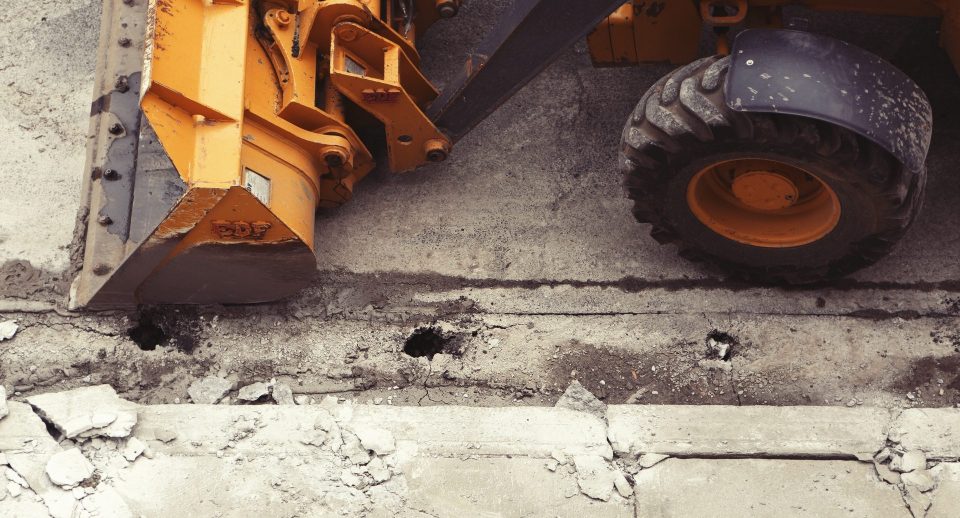“I am Retired, Can I Still Lodge a Claim for Noise Induced Hearing Loss?”
TGB's Victoria Bell writes about hearing loss entitlements for retired workers in South Australia and Northern Territory.

TGB’s Victoria Bell writes about hearing loss entitlements for retired workers in South Australia and Northern Territory.
The question of whether retired workers have hearing loss entitlements is one I am posed regularly by people who, before finishing their working careers, were employed in a noisy environment.
Noise induced hearing loss is often described as a gradual onset disability. It develops over a long period of time and often from exposure to noise in multiple places of employment throughout an individual’s working life.
It is often not till later in life, and usually into retirement, that an individual recognises the true extent of their hearing loss and realizes the impact it has on their life and the lives of their loved ones.
South Australia
Section 30 of the Return to Work Act 2014 (SA) prescribes that a claim must be made within six months of the day on which the entitlement to make the claim arises. The relevant date is usually the date of retirement.
On the face of it, this would preclude someone lodging a claim more than six months after they retired.
However, the legislation also states that a failure to make a claim within the prescribed period is not a bar to the making of a claim if—
(i) the proper determination of the claim has not been substantially prejudiced; or
(ii) the failure to make the claim within the prescribed period was occasioned by ignorance of the claimant, mistake or absence from the State, or other reasonable cause.
On this basis, it could be argued that the person suffering from noise induced hearing loss should still be allowed to lodge their claim well after they have retired.
Northern Territory
Section 80 of the Return to Work Act 2014 (NT) states that a person will not be entitled to compensation unless notice of the relevant injury has, as soon as practicable, been given to or served on the relevant employer.
Section 182 of the same legislation goes on to say that claims for compensation shall not be maintainable unless notice of the injury has been given before the worker has voluntarily left the employment in which he or she was injured and unless the claim for compensation has been made within 6 months after the occurrence of the injury or, in the case of a disease, the incapacity arising from the disease.
For hearing loss claims the occurrence date of injury is usually deemed to be the last date of employment. On the face of it, this would preclude someone lodging a claim more than six months after they retired.
However, the legislation also states that a failure to make a claim within the prescribed period is not a bar to the making of a claim if—
(i) there is no prejudice to the employer; or
(ii) if it is found that the failure to lodge within six months was occasioned by mistake, ignorance of a disease, absence from the Territory or other reasonable cause.
On this basis, it could be argued that the person suffering from noise induced hearing loss should still be allowed to lodge their claim well after they have retired.
In both SA and NT, if it can be shown that the delay in making the claim does not substantially prejudice the compensating authority’s ability to investigate the matter the claim can proceed. For example, contemporaneous hearing tests at or around the time of retirement, or throughout employment with the relevant employer, may be sufficient to establish limited prejudice by delay in the lodgment of the claim.
Alternatively, it could be argued that the injured person had not been aware of their hearing loss, or been advised by a medical expert that their hearing loss was work related. The individual may also not have been aware of the relevant workers compensation legislation or the right to make a claim.
Similar arguments where recently made in the matter of Strachan v Return to Work SA [2016] SAET 27. In that matter the worker had not lodged a claim until some 12 years after retirement. He argued that he was not aware of his ability to make a further claim for the progression of his hearing loss (having had a claim for hearing loss previously). It was not until Mr Strachan consulted an audiometrist that he was made aware a further claim was possible. The Tribunal found that Mr Strachan was not prevented from making a claim.
Although, every matter turns on its individual facts, this case indicates that many retired workers may be able to make a claim for noise induced hearing loss. They may be entitled to not only medical expenses but also a lump sum payment.
It is important that any person wishing to make a claim for noise induced hearing loss obtain proper legal advice as to the merits of doing so.
Western Australia
For advice about your hearing loss claim in South Australia, Northern Territory or Western Australia, contact Victoria Bell or register online for your free initial interview.